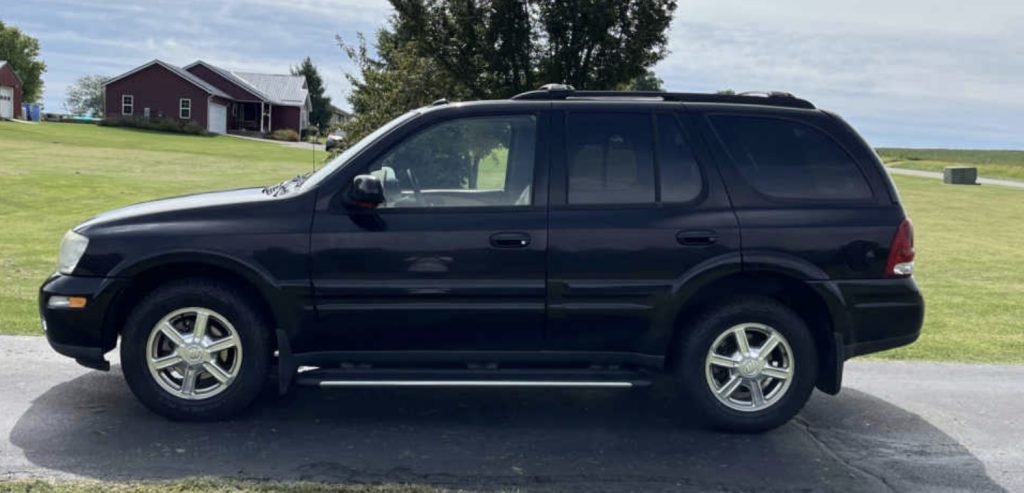If your Buick Rainier smells like gas, it may indicate a serious issue. It would be best to treat your vehicle as though you have a fuel leak (don’t drive it) until you know there isn’t one.
A bad gas cap typically causes the smell of gas, the evaporative emissions system leaking, overfilling the gas tank, or an actual fuel leak. But there are other, less likely causes as well.
Here are the most common things that would make your Rainier smell like gas. If you see fuel on the ground under your Rainier, jump to section 5.
1. Faulty Gas Cap
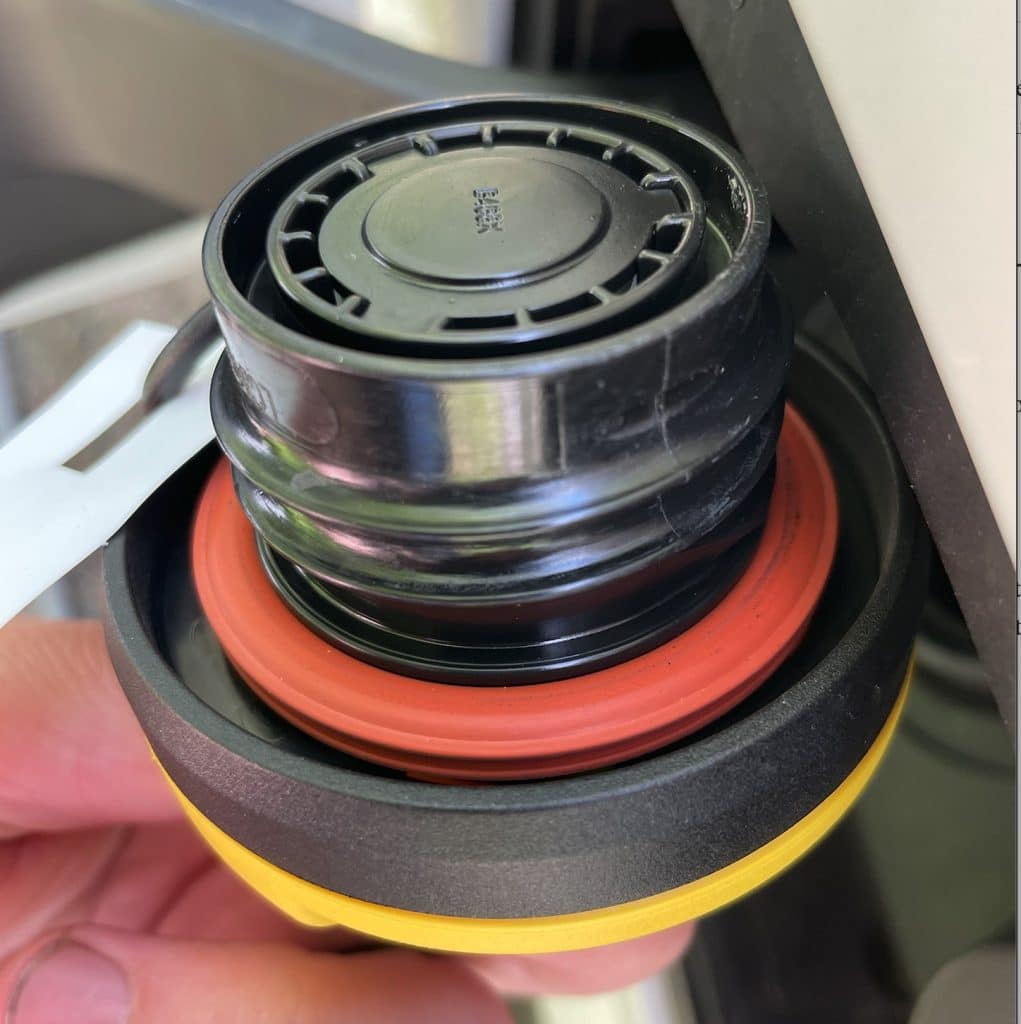
The gas cap’s job is to keep the fuel vapor and fuel in the gas tank. It has a seal that can go bad over time. Once that happens, it’ll begin to let fuel vapor out and into the air.
Since the fuel inlet is behind the driver, you shouldn’t smell the smell of gas unless you are going down the road.
2. Fuel Vapor Exposure
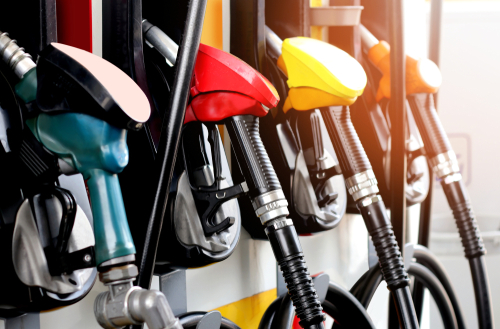
If you have just your gassed vehicle up, you may have pulled somewhere where fuel was on the ground.
If this is the case, it can make its way up into your Rainier’s cabin, and it can take a while for the smell to dissipate.
You can rule this out if you are consistently gassing up and smelling fuel after.
3. Overfilled Gas Tank
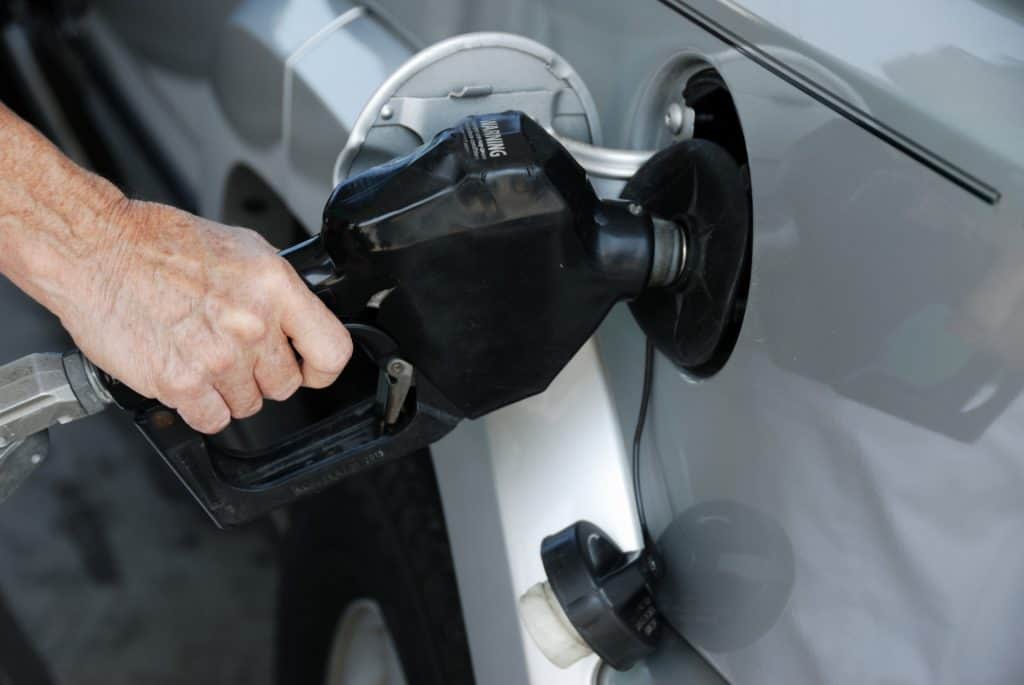
Modern gas pumps will fill a gas tank until they sense it is full.
If you keep gassing after this point to top off the tank or round up to the nearest dollar (which people often do when paying cash), it can overfill the tank.
An overfilled tank will release fuel vapor from the vent tube (which is normal) but causes your Buick Rainier to have a bad fuel smell.
Burning off the extra gas will eliminate the fuel smell in your vehicle.
4. Too Much Fuel Pressure
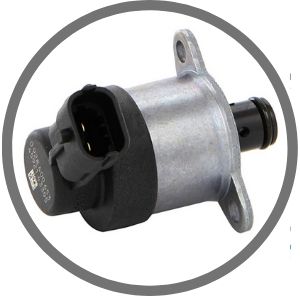
Your Rainier’s fuel pressure regulator ensures that the fuel pressure at the fuel rail is consistent.
If the fuel pressure regulator has gone bad, it can let too much fuel into the fuel rails.
Too much fuel pressure can richen the air/fuel mixture, which can lead to a gas smell.
Too much fuel will likely trigger your Buick Rainier’s check engine light and throw the P0172 code.
Replacing the fuel pressure regulator is almost always the cure for this problem.
Here’s a video on how to use a fuel pressure regulator with a fuel pressure gauge, and here’s one that uses a diagnostic scanner to look at what’s going on in the engine.
You may also notice black smoke coming from the tailpipe.
See also: Buick Rainier Fuel Pressure Regulator Diagnosis
5. Fuel Leak
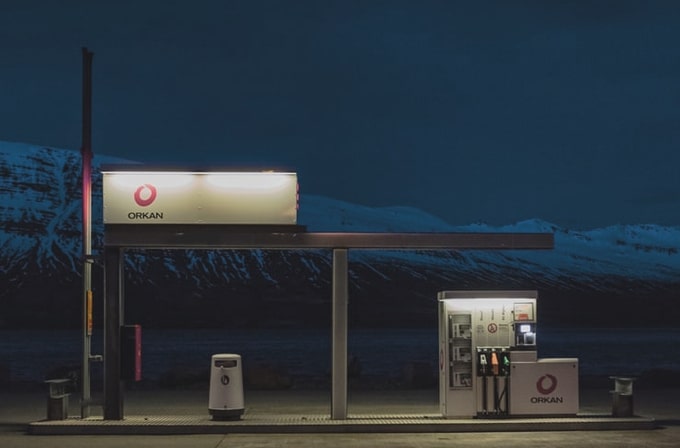
It can be challenging to determine where the gas smell is coming from in a vehicle. In addition, gas dries fast, which adds to the problem.
One of the best ways to determine if you have a fuel leak is to observe your vehicle’s fuel economy. Has your Buick Rainier’s fuel mileage gotten worse?
That’s a telltale sign that the fuel is going somewhere but not into the engine.
Here are places that fuel will commonly leak from:
Fuel Lines
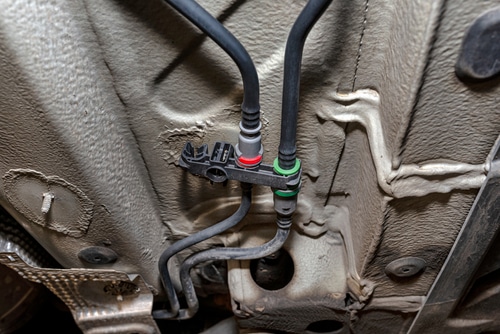
If one of the fuel lines has been damaged, you should be able to find the leak by doing an inspection. Is there gas on the garage floor? That is a tell-tale sign of a fuel leak.
If you find gas, consider your Buick Rainier undrivable until you have it repaired. It could catch fire.
Gas Tank
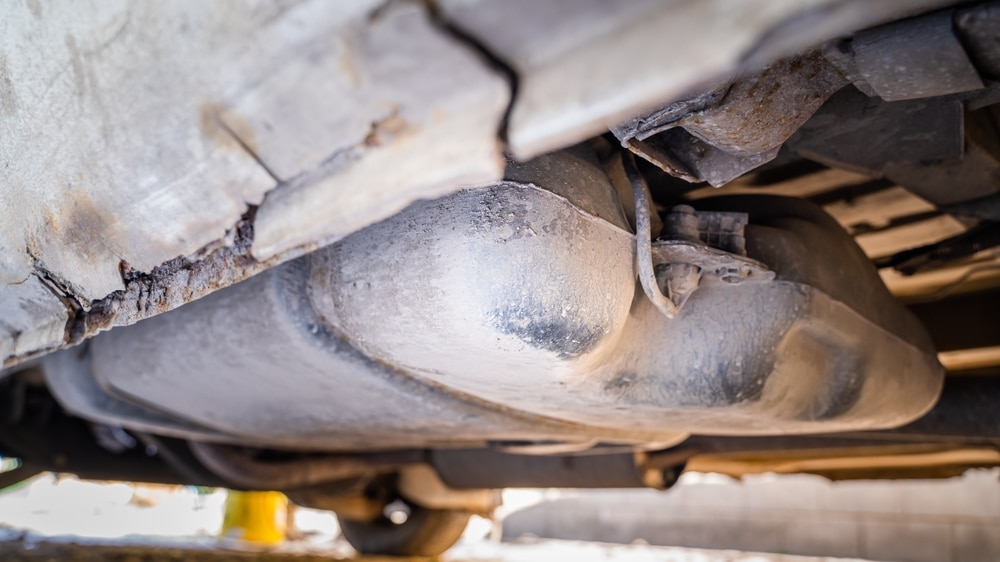
A typical place where gas leaks form is the fuel filler neck. Specifically, where the neck meets the tank, there is a seal there that can go bad over time. Replacing it will solve the gas smell.
Injectors
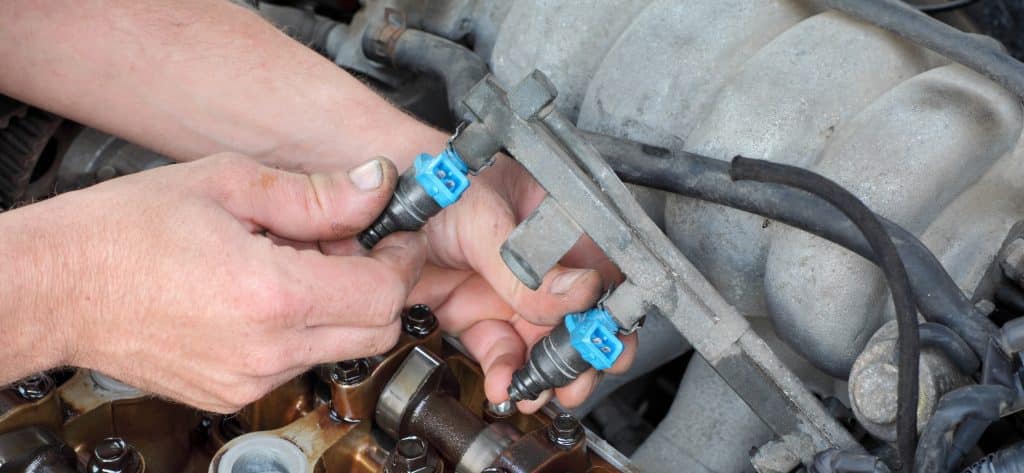
If a fuel injector leaks, it will allow too much fuel to dump into the engine. Eventually, it can fill the entire intake up and leak everywhere.
You can still smell a leaking injector when driving.
Conclusion
There are a lot of things that can cause your Rainier to smell like gas. Even though it’s very likely that it’s a benign reason, always give the smell of gas the respect it deserves until you find the leak. If there is anything that you’d like to add, please leave a comment below. Good luck!

